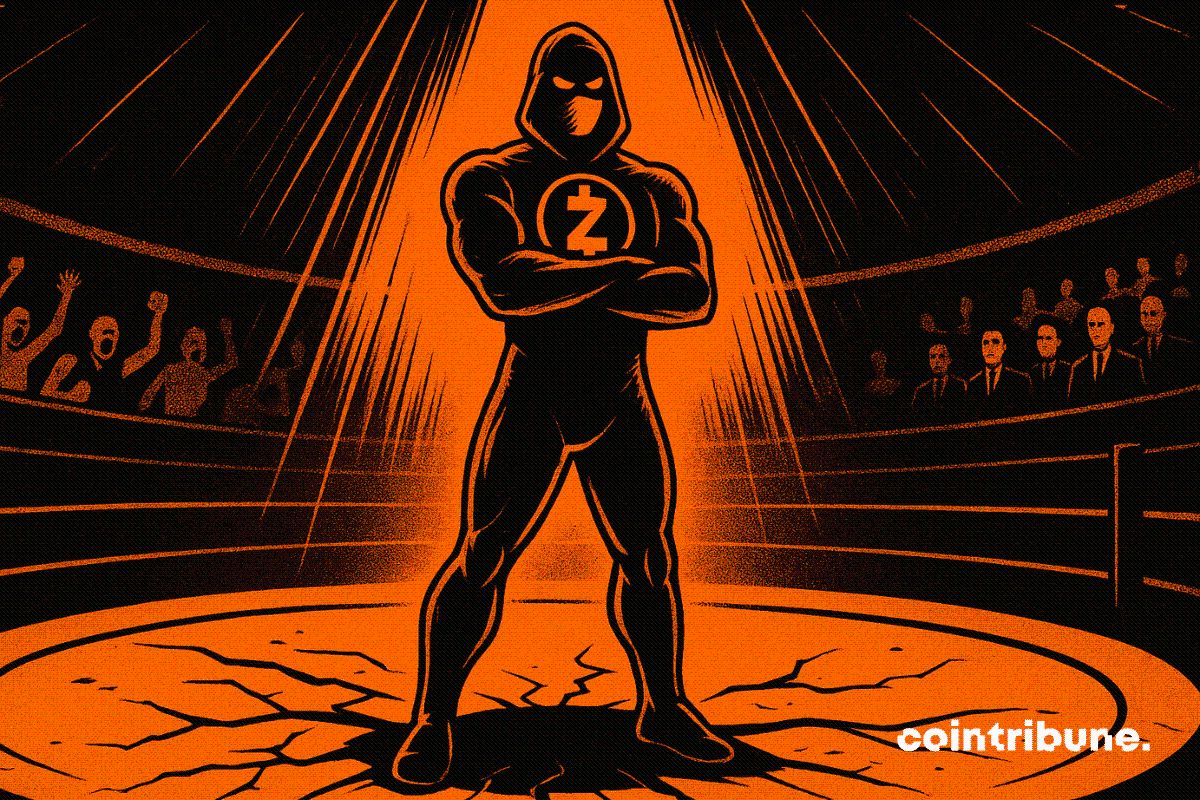Giant German Bank Uses This Altcoin’s Network for 100 Million Euro Bond Issuance
NRW BANK, the development bank owned by the German state of North Rhine-Westphalia, has issued €100 million worth of blockchain-based bonds, making it one of the biggest public sector moves into digital securities in Europe.
The two-year bond was issued on the Polygon (POL) blockchain and registered through the infrastructure of Cashlink Technologies, a cryptocurrency securities registrar licensed by Germany’s financial regulator, BaFin.
This is NRW BANK’s first bond issuance as a fully digital, crypto security under Germany’s Electronic Securities Act (eWpG), which allows bonds to exist solely on the blockchain without the need for physical certificates.
Deutsche Bank, DZ BANK and DekaBank participated in the issuance as joint lead managers.
“This is not just a technical milestone; it’s a sign that public financial institutions are now ready to move beyond blockchain pilot projects and integrate these systems at scale,” said Cashlink CEO Michael Duttlinger.
The eWpG law, which came into force in 2021, provided the legal basis for recording securities on distributed ledger technologies (DLT) in Germany, which has one of the largest capital markets.
Disclaimer: The content of this article solely reflects the author's opinion and does not represent the platform in any capacity. This article is not intended to serve as a reference for making investment decisions.
You may also like
Explore Cryptocurrency Market Trends as Bitcoin Price Falls
In Brief Bitcoin's price declines to $90,500, raising market concerns. BTC and ETH ETFs maintain positive trends despite some outflows. SOL, XRP, and DOGE ETFs show promise with steady inflows.

The $345 Billion Blackrock Question: How Blockchain Security Economics Are Reshaping Digital Trust

Bitcoin shows a strong negative correlation with USDT, according to Glassnode

Forbes 2026 Crypto Trend Forecast: Where Will the Market Go After Volatility Decreases?
The stablecoin frenzy, the financialization of bitcoin, and cross-border capital flows are accelerating the restructuring of the industry.

